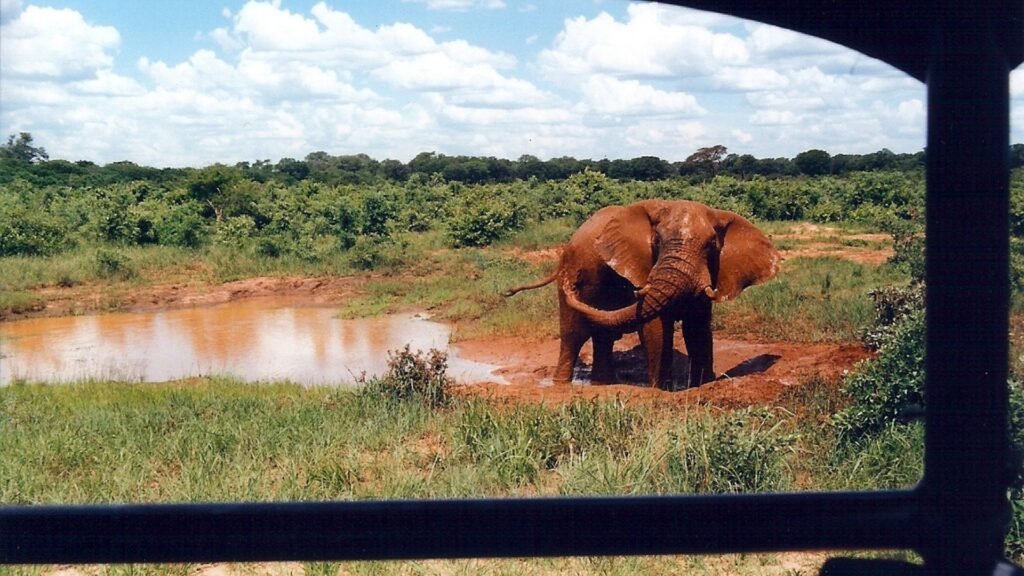Eco-tourism focuses on responsible travel that promotes environmental conservation and supports local communities. By engaging in eco-tourism activities, travelers can enjoy nature while contributing to the preservation of natural habitats. This article explores various eco-tourism activities that not only offer enriching experiences but also play a vital role in protecting and preserving the environment.

Wildlife Safaris and Observations
Participating in wildlife safaris and observation tours allows travelers to witness animals in their natural habitats while supporting conservation efforts. Responsible tour operators use eco-friendly practices and contribute to wildlife protection through park fees and donations. These activities help fund anti-poaching initiatives, habitat restoration, and research programs.
Ensure that safari and wildlife observation tours follow ethical guidelines to minimize disturbances to wildlife. Choose operators that prioritize the well-being of animals and maintain a respectful distance. Avoid feeding or interacting with wildlife, which can disrupt their natural behaviors and diet.
Sustainable Hiking and Trekking
Hiking and trekking offer immersive experiences in natural landscapes while promoting environmental stewardship. Opt for trails and routes managed by conservation organizations or local communities. These guided tours often include educational components about local ecosystems and conservation efforts.
Practice “Leave No Trace” principles by staying on designated trails, packing out all waste, and avoiding the collection of plants or wildlife. Respect local wildlife and habitats, and be mindful of your impact on the environment. Supporting eco-friendly trekking operators can further ensure that your activities contribute to habitat preservation.
Community-Based Eco-Tours
Community-based eco-tours provide opportunities to experience local cultures while supporting conservation and sustainable development. These tours often involve visits to community-run conservation projects, organic farms, or cultural sites. By participating, travelers help generate income for local communities and promote sustainable practices.
Choose eco-tours that emphasize fair trade, cultural respect, and environmental sustainability. Engage with local guides and artisans who use traditional methods that protect natural resources. This approach helps create economic incentives for communities to preserve their natural environments and cultural heritage.
Marine Eco-Tourism
Marine eco-tourism activities, such as snorkeling, scuba diving, and whale watching, offer unique opportunities to explore underwater ecosystems while supporting marine conservation. Choose operators that adhere to strict environmental guidelines to minimize impacts on marine life and habitats.
Participate in tours that contribute to marine conservation efforts, such as coral reef restoration projects or sea turtle monitoring programs. Educate yourself about the local marine environment and support initiatives that address issues like ocean pollution and overfishing.
Agro-Tourism and Organic Farming
Agro-tourism and visits to organic farms provide insight into sustainable farming practices and promote environmental conservation. These tours often include activities such as farm tours, workshops on organic farming techniques, and participation in seasonal harvests.
Choose agro-tourism experiences that prioritize eco-friendly practices, such as soil conservation, water management, and biodiversity enhancement. Supporting farms that use organic methods and reduce chemical inputs helps protect the environment and promotes healthy food systems.
Ecological Lodging and Accommodation
Opt for eco-lodges, green hotels, or sustainable accommodations that incorporate environmentally friendly practices. These establishments often use renewable energy sources, implement water-saving technologies, and practice waste reduction.
By staying in eco-friendly accommodations, you contribute to conservation efforts and sustainable tourism. Many eco-lodges and green hotels support local conservation projects, wildlife protection, and community development. Choose accommodations with certification from recognized eco-certification programs to ensure their commitment to sustainability.
Maximizing Value with Bonus Opportunities in Leisure and Travel
Smart travelers and leisure seekers alike look for ways to maximize value, whether it’s through eco-friendly tour deals or bonus offers on entertainment sites. Platforms featuring promotions such as
crazy vegas casino bonuses provide users with additional incentives to explore and enjoy their favorite games, reflecting the same spirit of value and discovery found in eco-tourism adventures.
Conclusion
Engaging in eco-tourism activities allows travelers to enjoy natural beauty while making a positive impact on the environment and local communities. By choosing responsible and sustainable practices, you can contribute to the preservation of natural habitats and support conservation efforts. Embrace eco-tourism as a way to explore the world responsibly and ensure that future generations can enjoy the same natural wonders.








